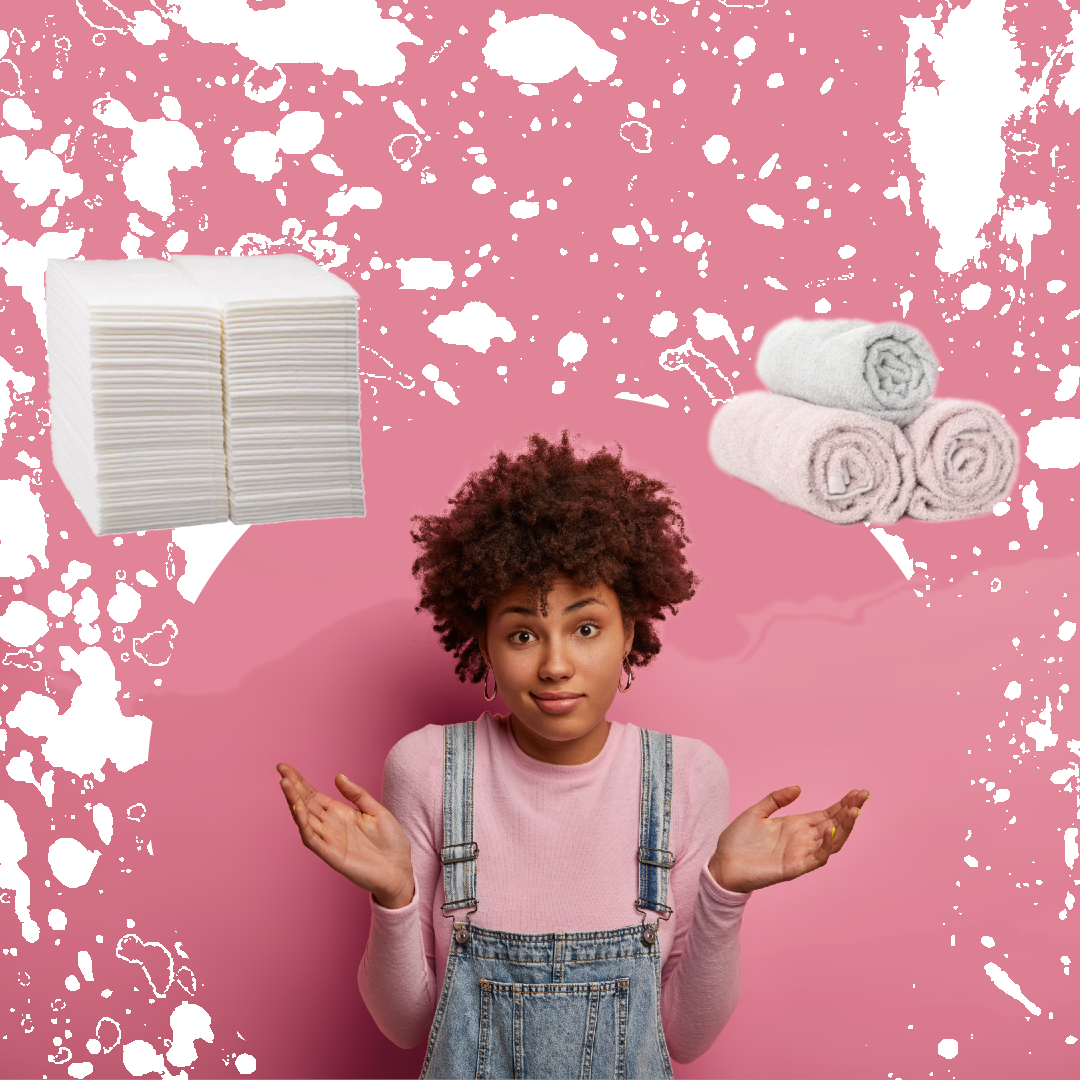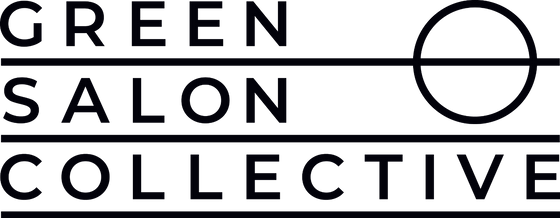
Our official recommendations for using salon towels more sustainably
Written by Stephanie Hodgson
Our first Industry Audit Report explored hairdresser perceptions of disposable salon towels. We wanted to better understand how these professionals feel about a single use product in today’s green-thinking culture. The report also compared known impacts of disposable cellulose-based versus reusable cotton-based salon towels.
Our research pointed to a short list of practical recommendations to our members who are looking to minimise their environmental impact related to salon towel usage. These do not necessarily include which towels to procure but instead how salon towels should be used. Here they are:
ONE: For those who prefer disposable salon towels, we recommend using ones that are 100% cellulose-based like Scrummi and Easydry.
There are many disposable towels on the market and many of them are made of mixed materials, often including plastics. Plastic textiles are problematic because, when laundered, they shed microplastics which are released into our waterways, entering our oceans and ultimately our food chain. 100% cellulose (ie paper or wood) is totally natural, biodegradable and compostable. (And should be composted!)
TWO: When using disposable towels, try to minimise towel use and stick to one towel per client visit.
Our research has shown that disposable cellulose-based salon towels are better—in terms of global warming potential, water depletion and other ecosystem outcomes— than reusable cotton towels however this is when only one towel is used per client visit. Once two or more are used, then the scales are tipped in favour of reusable, except in the instance of water depletion which is always in favour of disposables. Of course there are circumstances where using two is unavoidable but this should be the exception, not the rule.
THREE: Question whether you really need a “premium” towel.
Similar to above, the benefits of using disposable towels over reusable ones decrease sharply when thicker and/or larger towels are selected. A premium disposable towel can be equal to two or more towels in terms of resources used and emissions which means the scales are tipped in favour of reusable. The exception to this is that premium disposable towels have less of a negative impact on water depletion than cotton towels. We recommend using premium towels only when necessary for the job at hand and using standard sized disposable towels for most client visits.
Note: we are not talking about premium brands but cellulose-based towels that are thicker than standard sized ones. Easydry Thermal Towels and Scrummi Original Waffle Hair Towels are examples.
FOUR: If your towels are certified compostable, compost them. If they are not, bin them and write to the towel company asking them why they aren’t certified.
Resources on our planet are not infinite. When we produce a disposable cellulose- based towel, we are cutting down a tree. It is thus very important that we do not waste the value in that material by simply throwing it away when it has value in compost piles. Uncontaminated cellulose-based salon towels (e.g. Scrummi and Easydry) are a great source of carbon (ie browns) to complement things like food scraps which provide nitrogen (ie greens). Green Salon Collective cannot compost disposable salon towels with our industry composting partner unless they are certified compostable. If the brand you use makes claims that they are “biodegradable” or “compostable” ask them to show you the proof.
FIVE: If you have a choice, use a cotton (or other reusable) towel in preference to multiple disposable towels.
We have witnessed salons using both reusable and disposable salon towels. If this is you, you’ve got a choice to use this towel or that depending on the job in front of you. If you’re washing someone’s hair that is super thick and long, for example, one regular sized salon towel probably will not cut it. (Pun definitely intended.) If these sorts of activities require two or more towels, consider using a cotton towel instead because the benefits of using disposable salon towels decrease rapidly when two or more are being used per client visit.
SIX: Try to avoid tumble drying reusable towels if you can.
For those using reusable salon towels, for example those made from cotton, consider the impact of washing and drying your towels. We found that most environmental impact from cotton towels is not from producing them but instead from laundering them. In fact, tumble drying generates around four times more emissions than washing so we recommend air drying your towels when possible, if even to a certain extent and finishing them off in the tumble dryer.
SEVEN: If buying cotton towels, buy certified organic as less water will have been used to produce them.
Manufacturing organic cotton is much more environmentally friendly than that for traditional cotton. Organic cotton uses less energy and generates less emissions. Beyond that, organic cotton uses significantly less water than traditional cotton and so considering our world’s water crisis, we recommend procuring cotton towels that are certified organic such as GOTS.
EIGHT: Use microplastic-catching bags or filters when washing synthetic (including microfibre) towels.
There is currently pressure on the UK government to mandate washing machine microplastics filters. One of the reasons for this pressure is from emerging research which shows how plastics are entering our food chain through microplastics in the ocean. DYK people ingest approximately a credit card of plastic a week? We recommend using a microplastic-catching bag for washing your microfibre or other synthetic towel like the Guppy Friend. Another option is installing a filter to your washing machine like PlanetCare Microfibre Filters.
- - -
Further reading
Green Salon Collective’s Industry Audit Report: Salon towels
Biodegradable Products Institute article, What is a certified compostable product?
The Guardian article, Tread lightly: Switch off your tumble dryer
The Global Organic Textile Standard (GOTS) website
The Guppy Friend website
PlanetCare Microfibre Filters website


